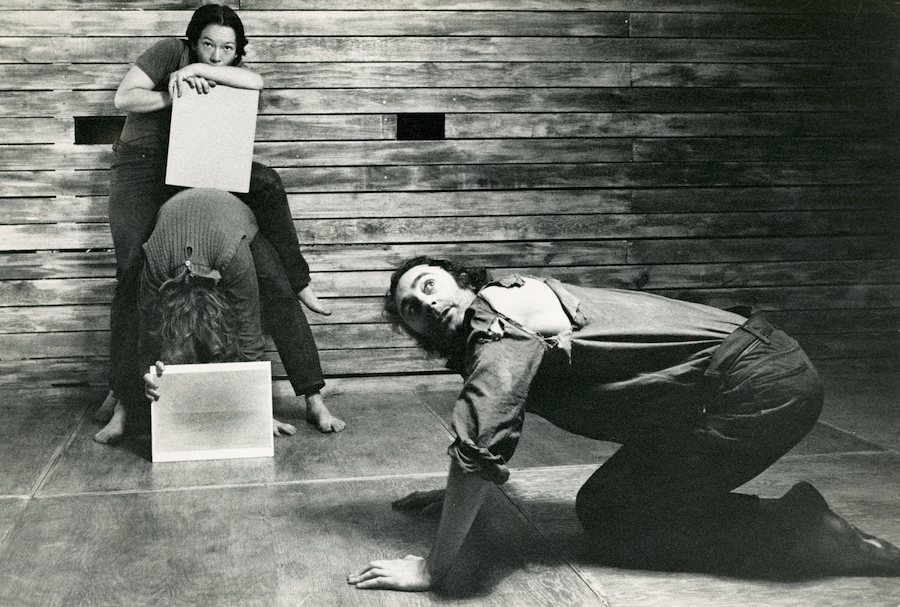November 1785 (235 years ago)
Lewis Hallam Jr. and John Henry establish the Old American Company. In some ways, Hallam and Henry are rebranding previous theatre companies they had run, including the Hallam Company and the American Company. In 1774, when the Continental Congress banned all theatre, the two managers moved their company to Jamaica, where they had considerable success. In 1785, they return to the states where they will cycle a repertoire through New York, Philadelphia, Baltimore, and Annapolis until 1805. Hallam and Henry are credited with establishing the first fully professional theatre in the young United States.
November 1810 (210 years ago)
George Frederick Cooke, a British actor, arrives in New York. Scholars will suggest that this marks the beginning of the star system, in which shows are sold on the basis of celebrity. Cooke has already gained considerable fame in England and is seen as breaking from the classical acting tradition. Sadly, Cooke suffers from alcoholism and his performances at his sold-out shows are notoriously uneven. Two years later, still in New York, he will die of liver failure.
November 1870 (150 years ago)
J. McClosky’s popular play Across the Continent premieres at the Park Theatre in Brooklyn. A melodrama in high fashion, it features elaborate battles between Indigenous Americans and invading colonizers. The Park Theatre is managed by Sarah Conway, a successful businesswoman in the theatre industry who exemplifies of a trend of 19th-century female theatre managers.
November 1880 (140 years ago)
French actress Sarah Bernhardt makes her debut in the U.S. starring in Adrienne LeCouveur by Eugène Scribe at the Booth Theatre in New York. Berhhardt performs in French and receives 27 curtain calls on opening night.
November 1915 (105 years ago)
The Lafayette Players is founded in Harlem to offer Black actors dramatic roles of a greater variety and range than those available to them in the commercial theatre. The group’s core actors include Charles Gilpin, Carlotta Freeman, Andrew Bishop, and Dooley Wilson. The theatre will close its doors in 1932 as a result of the Great Depression.
November 1970 (50 years ago)
Mabou Mines opens The Red Horse Animation, the company’s first show, at the Guggenheim Museum. Founded by Lee Breuer, JoAnne Akalaitis, Philip Glass, Ruth Maleczech, Fred Neumann, and David Warrilow, the company is influenced by the European avant-garde, with company members having studied with the Berliner Ensemble, Jerzy Grotowski, and the Living Theatre. The Red Horse Animation, directed by Breuer with music by Glass, used three performers’ bodies to “animate” a red horse.


